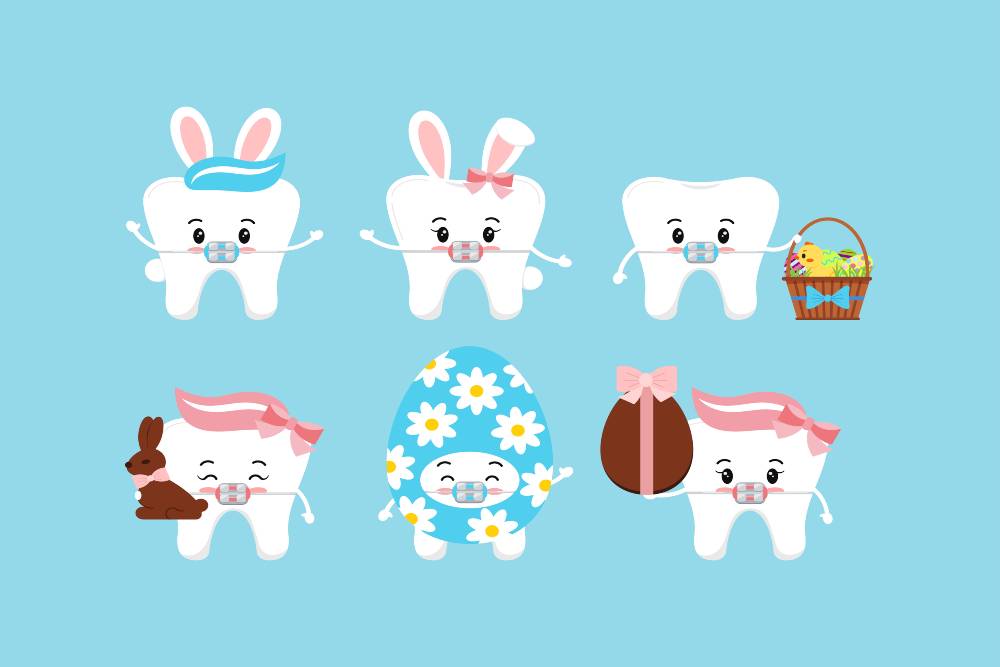Why do I have yellow teeth?
April 13th, 2023
Many people say their teeth look yellow and this prevents them from smiling because they are self-conscious. There are many tips to reduce your teeth from looking yellow.
AGE
One's age can be a part of teeth looking yellow because after years tooth enamel can start to wear. The final layer of the tooth is called dentin, it is naturally a yellow tint. If you see this in someone who is a young age it could be due to poor oral hygiene and has been developing for some time.
STAINING
One's teeth can become stained from food, seasoning, wine, coffee, pigmented drinks or tomato sauces, curry and more. These can leave teeth stained if not brushed and rinsed well after eating or drinking.
HOW TO FIX IT?
Many will turn to whitening to make their teeth not appear yellow any longer. Excessive whitening of the teeth can cause the enamel to wear down over time and may even cause sensitivity. Whitening toothpaste work well but will not whiten overnight. Since the staining can happen from eating and drinking it is best to make sure one brushes and rinses after. It is also good to stay away from sipping on sugary drinks all day long.
As long as one keeps up with their oral hygiene and sees the dentist every 6 months it will be ok. Teeth have a natural yellow tint and whitening does not happen overnight.




